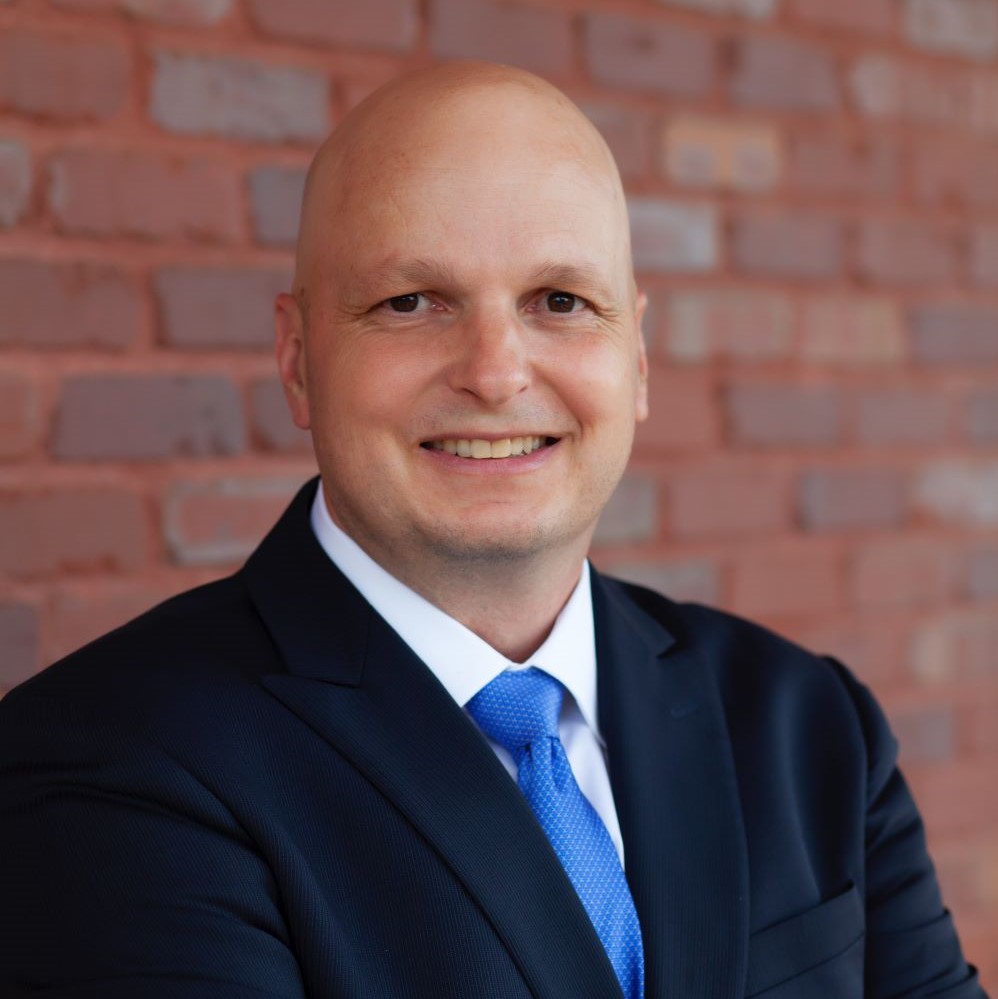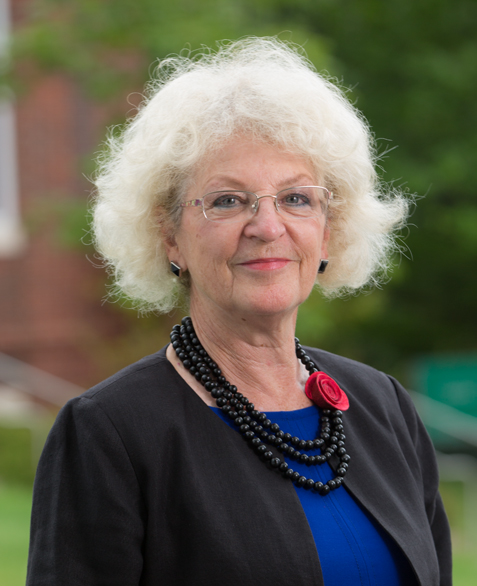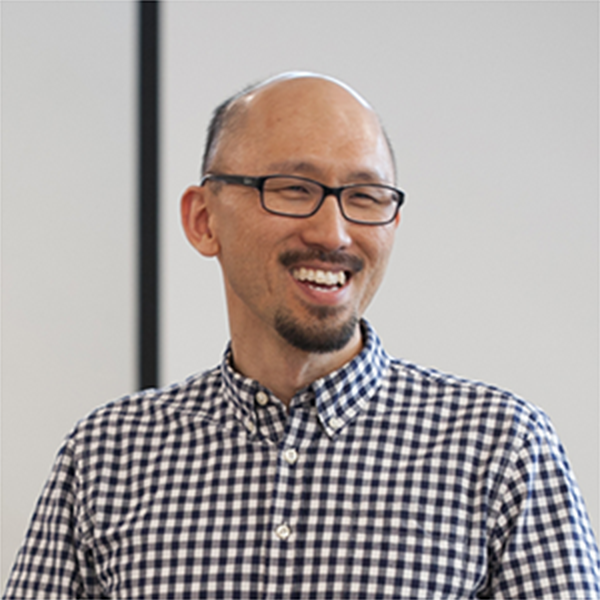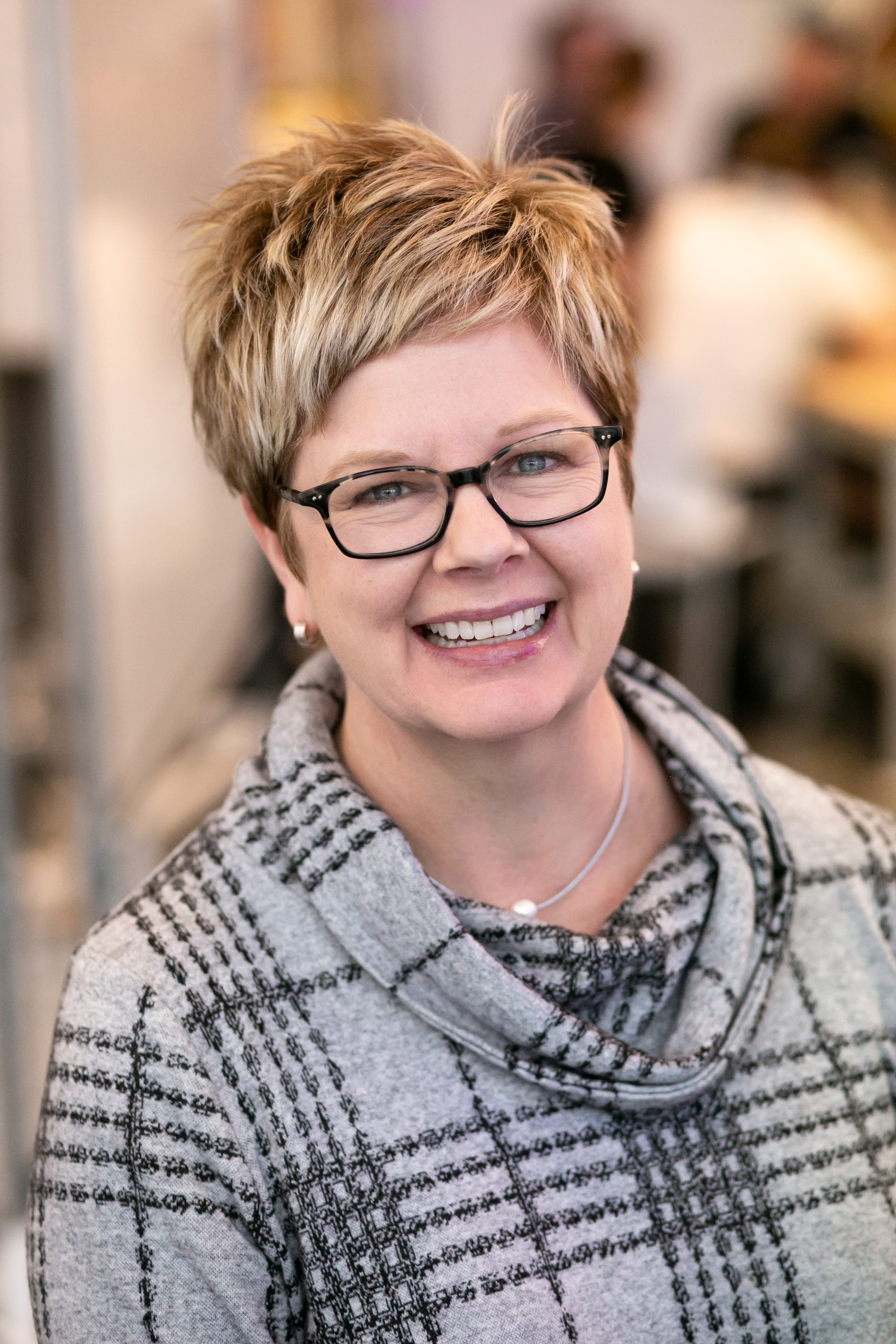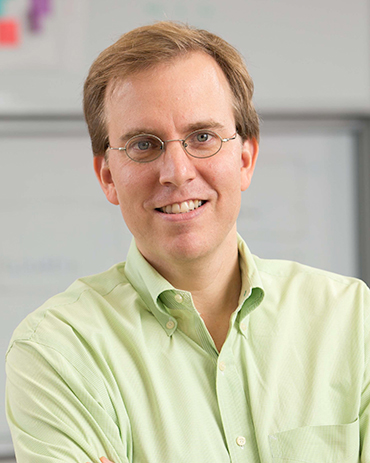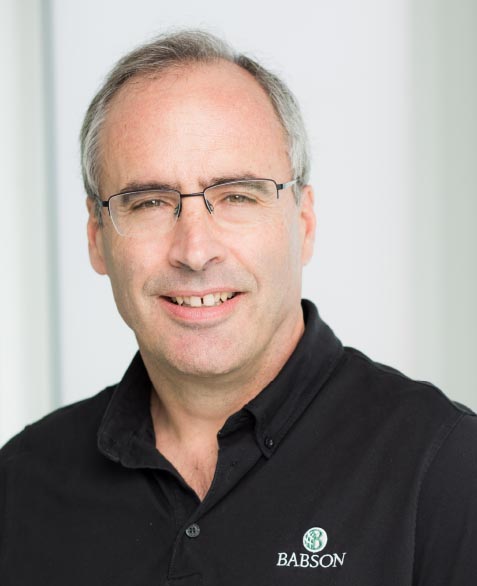Erik Noyes is an award-winning Associate Professor and expert in innovation management and growth strategy. Professor Noyes teaches courses and international programs on entrepreneurial thinking, new venture creation, and business innovation. His research examines entrepreneurial thinking, opportunity recognition, venture creation, entrepreneurial networks, and new industry formation. Prior to joining Babson College, Dr. Noyes consulted for companies such as Nokia, BMW, Hewlett-Packard, New Balance, and Motorola.

